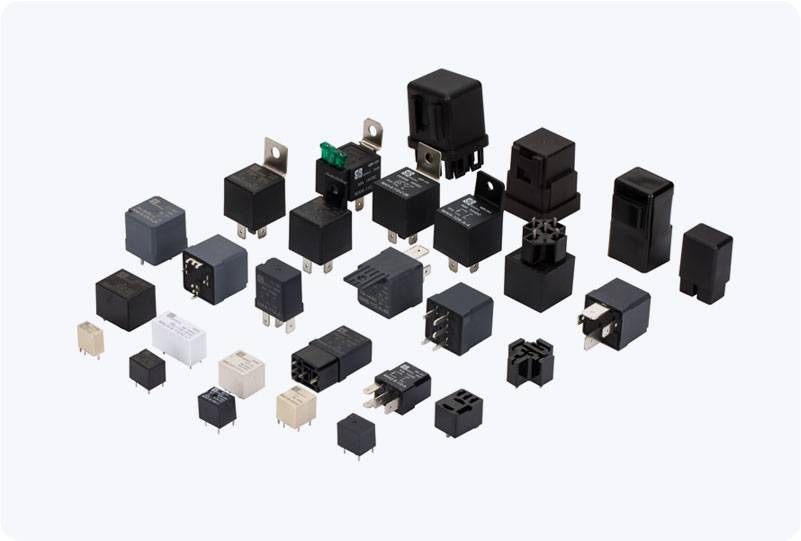A Silver Alloy Contact Relay is a crucial electrical component that plays an essential role in various systems, from industrial machinery to automotive circuits. These relays leverage the unique properties of silver alloy contacts, offering a balance of conductivity, durability, and resistance to corrosion. This article delves into the significance of Silver Alloy Contact Relays, exploring their working mechanism, benefits, and common applications across different industries.

What is a Silver Alloy Contact Relay? A relay is an electrically operated switch that controls one circuit by opening or closing another. Relays are widely used in control systems to manage signals, power, or other functions remotely. The Silver Alloy Contact Relay features contacts made from a silver alloy, a blend of silver with metals like copper, tin, or palladium. These alloys are chosen due to their superior electrical and mechanical properties, which significantly enhance the relay’s performance. The primary function of a relay is to enable low-power electrical signals to control high-power circuits. Silver alloy, being an excellent conductor, ensures that the relay can operate with minimal resistance and heat generation, while the alloy’s hardness and resistance to wear increase the relay’s lifespan.